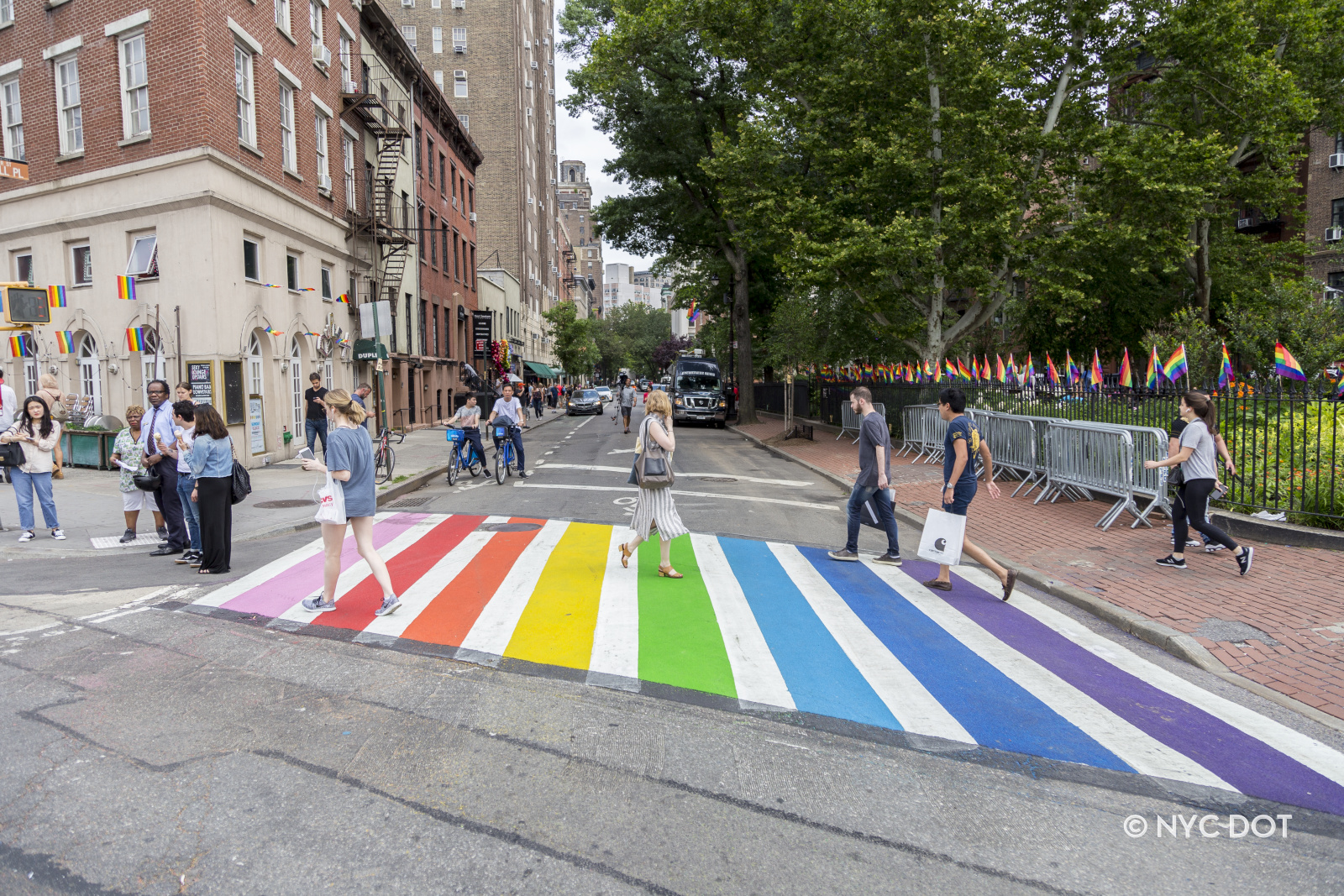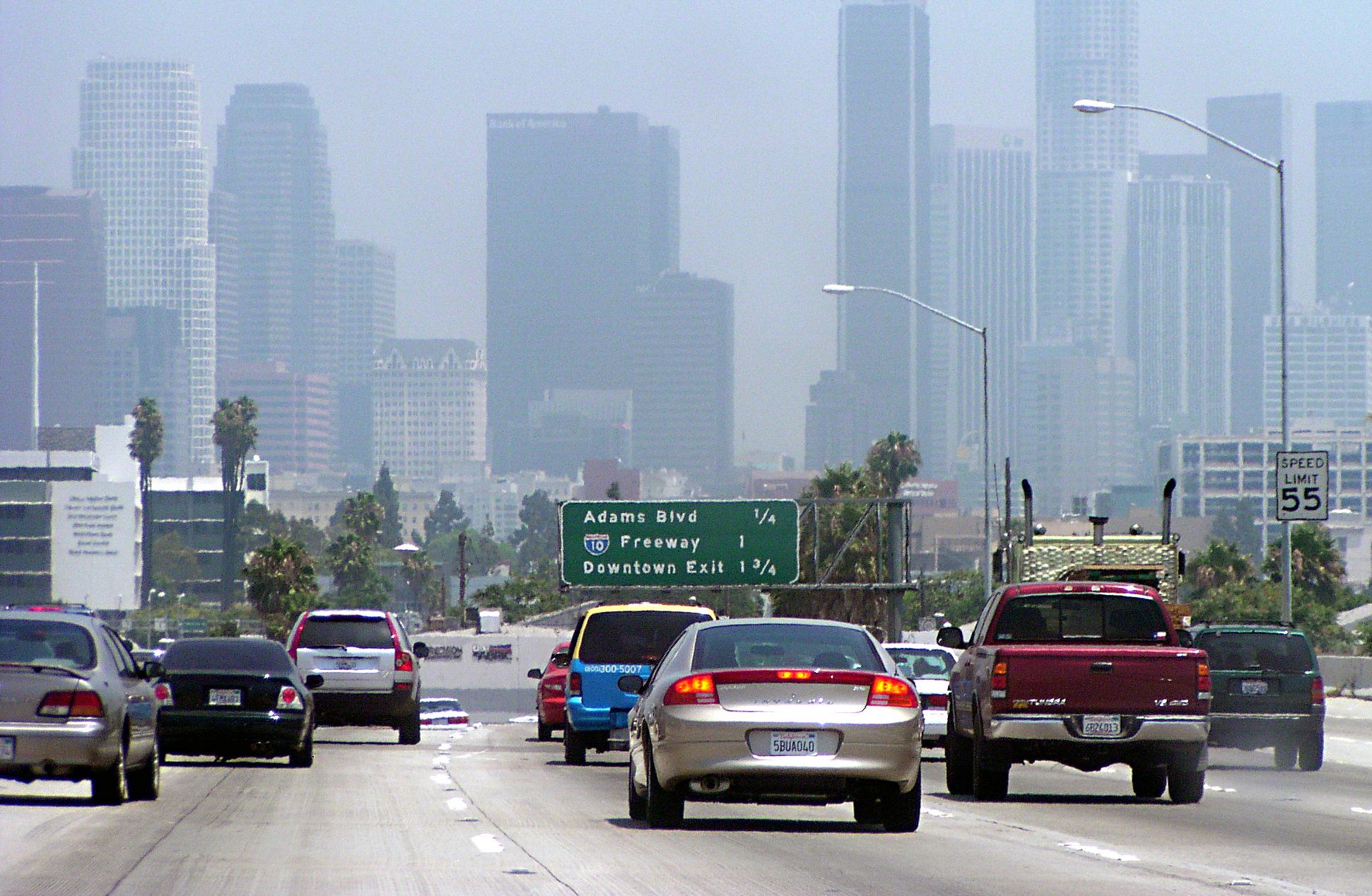In Seattle, it's now legal in certain neighborhoods to build apartment buildings with no parking. By saving on parking costs, owners can offer lower rents, and developers say there are waiting lists for parking-free buildings.

But in most neighborhoods, Seattle still has laws that require a certain number of parking spaces per housing unit. According to recent research by the Sightline Institute [PDF], those parking minimums are costing Seattle residents dearly. Erica C. Barnett at Network blog PubliCola outlines the findings:
Sightline found that in its survey of 23 recently built apartment buildings, 37 percent of spaces were empty at night, the time of day when you'd expect parking to be in highest demand. In four developments, there were more than twice as many parking spaces as parked cars (meaning more than half the spaces were empty). On average, the buildings in the survey had 20 percent more apartments than cars, meaning that if car-owning renters averaged one car per apartment (a conservative estimate if you take seriously parking advocates' claim that many small-apartment dwellers have multiple cars), only 80 percent of renters owned cars.
And here's the problem with all that extra, unused parking: Everybody, including people who don't own a car, pays for it. "Free" parking adds about 15 percent to the cost of renting an apartment -- in Seattle, about $246 a month.
But the actual cost of unneeded parking to Seattle renters is even bigger than that, study author Clark Williams-Derry concludes:
Regardless of the reasons for the parking glut, the fact that developers provide abundant (and often unneeded) on-site parking significantly increases the supply-side costs of building new multifamily rental housing. Economic theory posits that higher supply-side costs reduce the amount of new housing that is built.
Less housing makes competition among renters more intense. That leads to higher prices for all renters in markets with minimum parking requirements, whether they drive or not.
Elsewhere on the Network today: Cyclelicious introduces the Florida candidate for governor who's making bike safety a key part of his campaign. The City Fix says Brazil is moving to add a "right to transportation" to its constitution. And Together North Jersey outlines the city of Paterson's plan to use urban design to minimize crime.





